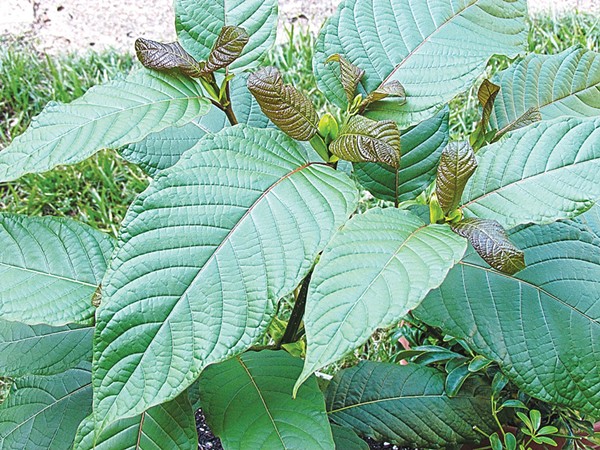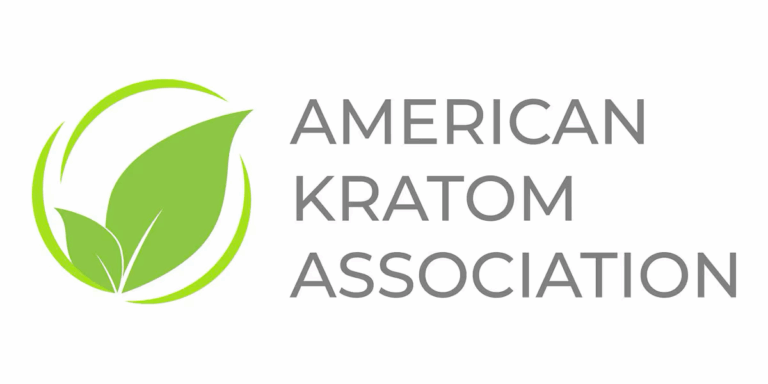Suffers and Former Opiate Addicts Now in the Lurch with Arkansas’s Ban of the Natural Painkiller

Last September, the state Department of Health added Kratom to the list of Schedule 1 narcotics, making it a crime to possess or sell. The ban went into effect Feb. 1. Several other states, including Alabama, Tennessee, Wisconsin, Vermont and Indiana, have banned Kratom as well, and other states are considering restrictions.
“When I heard they’d banned it and the way they banned it, I literally broke down in tears,” Lisa, a habitual kratom consumer to help manage her chronic pain said. “I don’t want to go back to pain medication, and I won’t go back to pain medication. But now that it’s illegal, it’s hard to get. Nobody will send it here because they don’t want to get in trouble, which I totally understand. The way they went about doing it was so underhanded.”
Susan Ash, Director of American Kratom Association, said much of the concern over Kratom stems from the way it was initially marketed as a “legal high,” sold in tobacco stores and head shops. That put the substance on law enforcement and legislative radar as a potential danger to the public health. Though Kratom does work in the brain in a similar way to opiates, she said, the effect in the body is not comparable and the potential for abuse is low.




